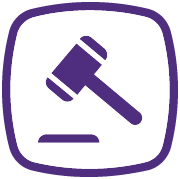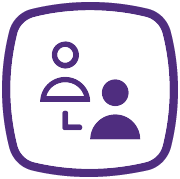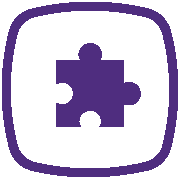
Questions urgentes et assistance immédiate
Avez-vous des préoccupations actuelles? Besoin de réponses rapides? Notre équipe dévouée est ici pour vous aider en cas d’urgence. Contactez-nous de l’une des trois manières suivantes:
- Appelez-nous au 1 855 724-2268
- Envoyez-nous un SMS au 514-878-0888
- Clavardez avec nous en toute confidentialité
Comment pouvons-nous vous aider?
5 étapes pour évaluer votre situation financière
Faire un bilan de votre situation financière permet de bien comprendre où vous en êtes, encore plus que faire un simple budget. À l’aide de notre outil en ligne, faites le point sur vos finances personnelles en quelques étapes faciles. Vous pourrez ainsi prendre des décisions éclairées.
Débuter le bilanDes solutions pour votre entreprise
Votre entreprise a connu des jours meilleurs? Faites appel à nos experts pour savoir quoi faire! Ils vous proposeront un plan de redressement afin d’envisager l’avenir avec plus de sérénité.
Découvrir notre expertiseTémoignages de nos clients satisfaits
Passez à l’action et libérez-vous de vos dettes!
Quelle que soit votre situation financière, il existe des solutions. Même dans les moments les plus difficiles, on est là pour vous. C’est confidentiel et sans jugement.
Prendre un rendez-vous en ligne
Obtenez un rendez-vous en ligne rapidement et retrouvez tous vos moyens!
En savoir plusAppelez-nous
On est à votre écoute, partout à travers la province. Faites-nous confiance et reprenez le contrôle de votre vie.
1 855 724-2268







